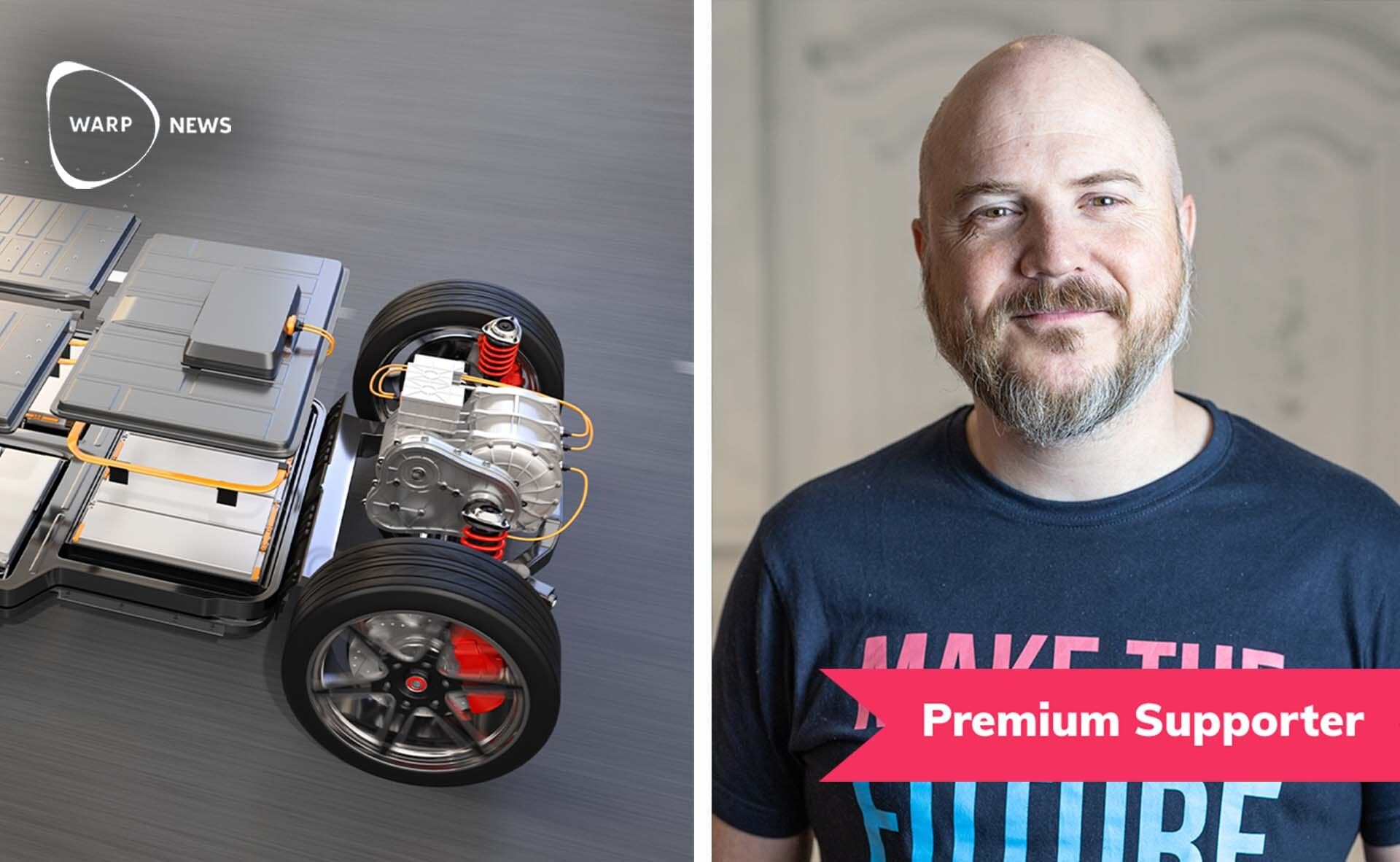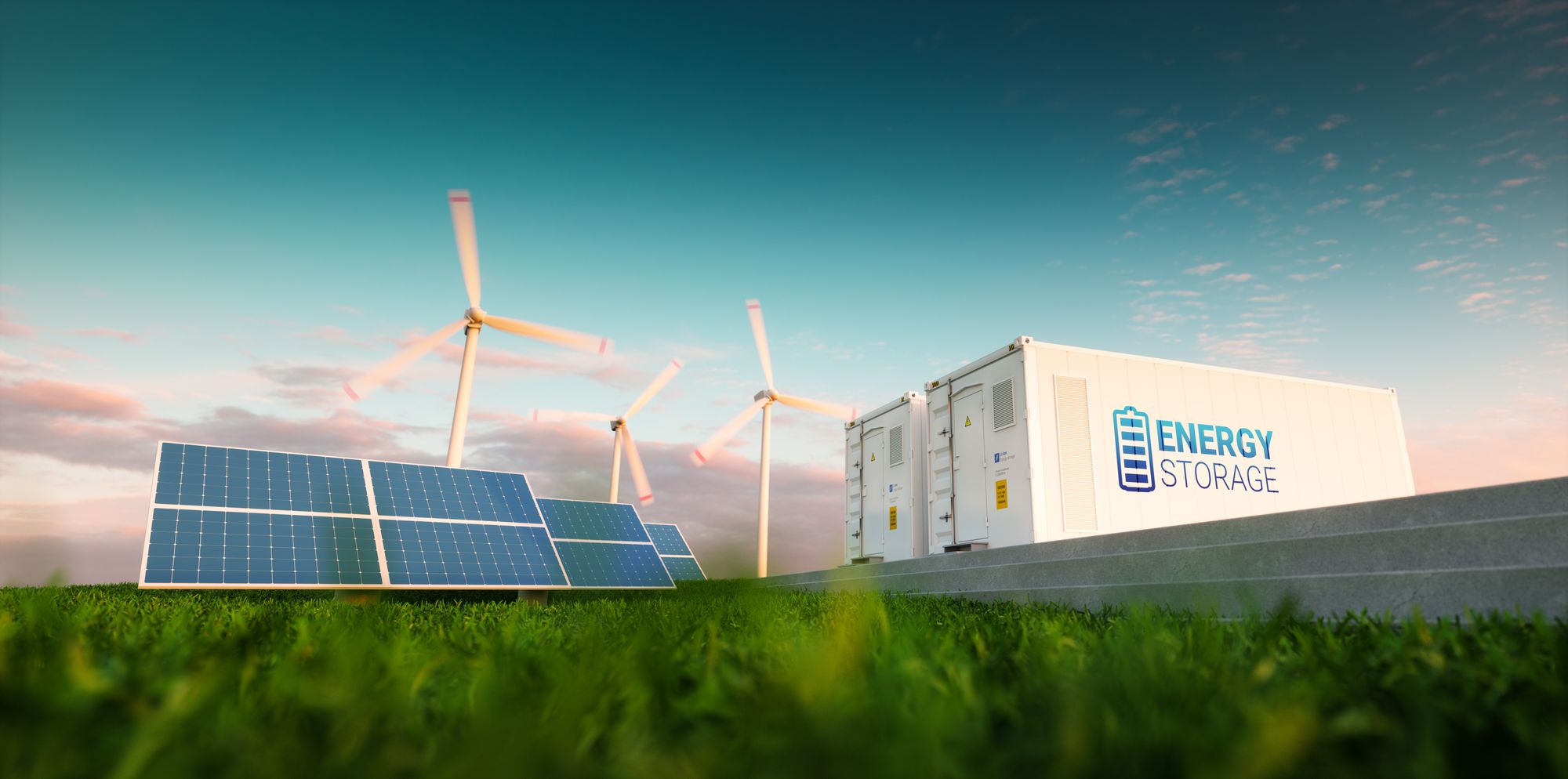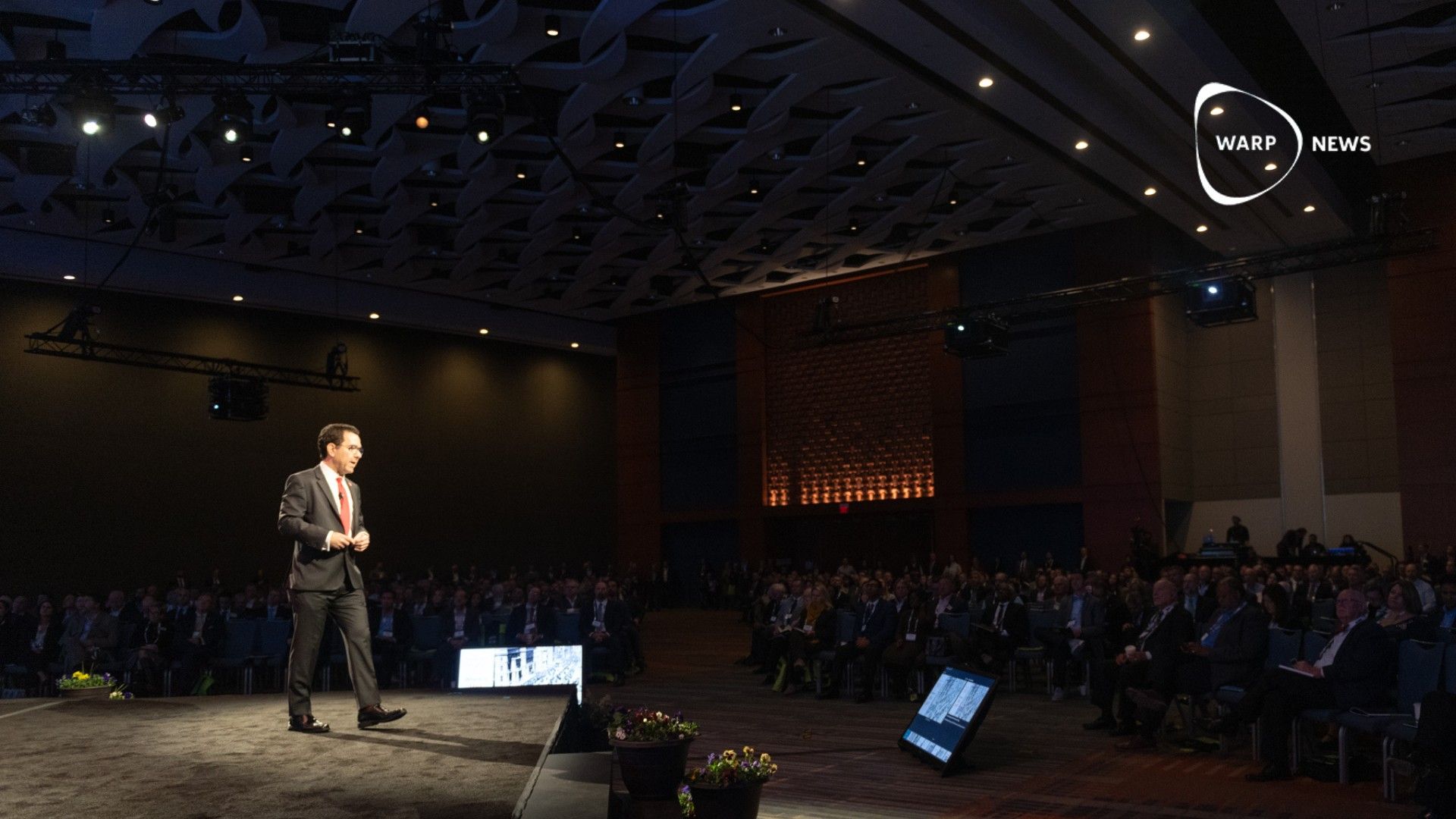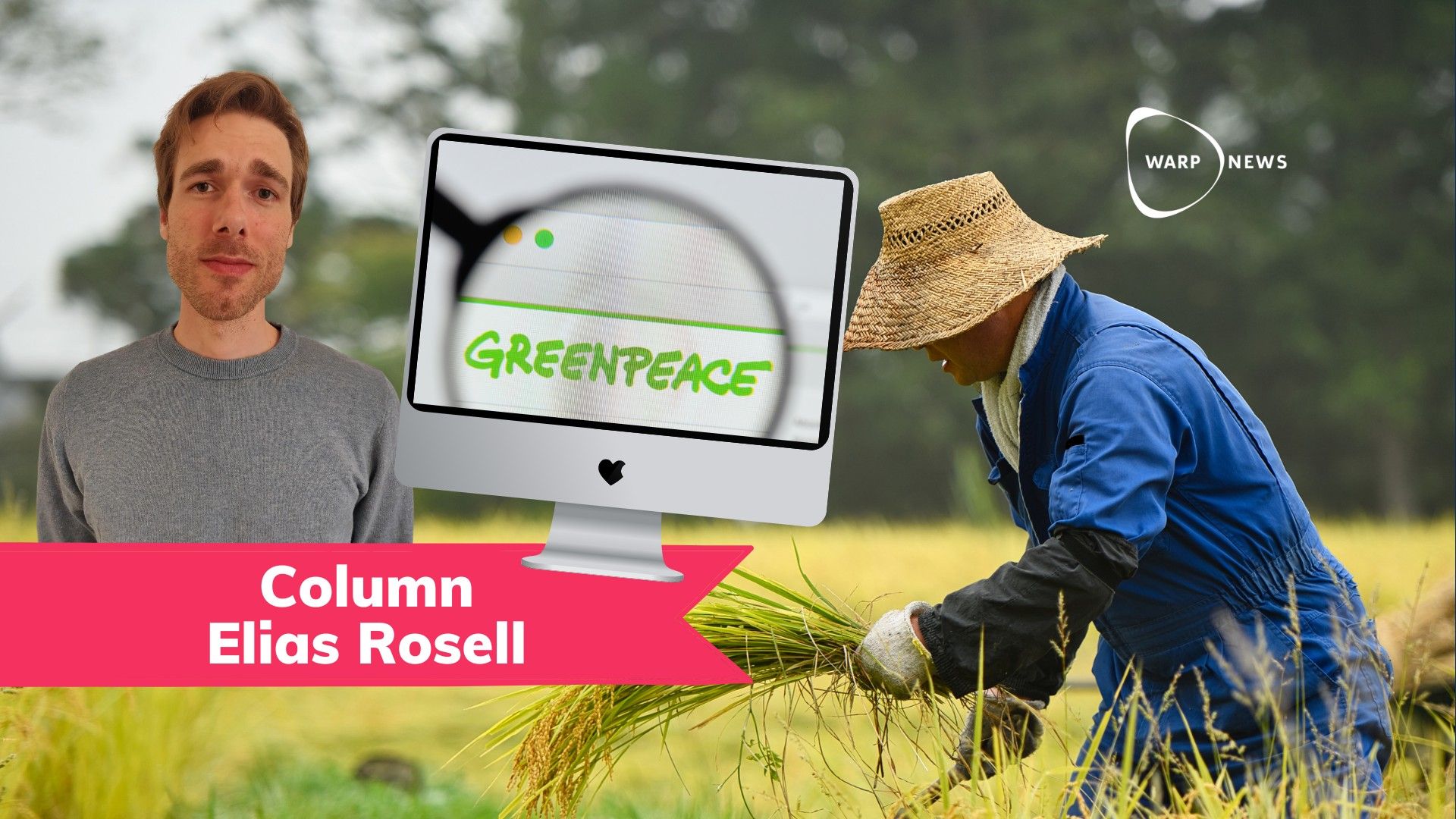
🌾 Stop opposing healthy food for poor children, Greenpeace
Greenpeace is running an unscientific campaign against the genetically modified golden rice. Unfortunately, they are successful, making vitamin A deficiency in many children worse.
Share this story!
Rice lacks vitamin A
Every year, hundreds of thousands of children suffer from visual impairment and health problems due to vitamin A deficiency.
The problem is especially large in countries where rice is a staple food, as rice does not contain vitamin A.
Particularly in rice-based countries, vitamin A deficiency is a major problem as rice lacks vitamin A.
Like many global health problems, the situation has fortunately improved. The proportion of children with vitamin A deficiency in middle and low-income countries decreased from 39 to 29 percent between 1991 and 2013.
Golden rice with vitamin A
But this is not enough. Therefore, it is encouraging that scientists have developed a rice that has been modified to produce beta-carotene, which in turn is converted into vitamin A in the body.
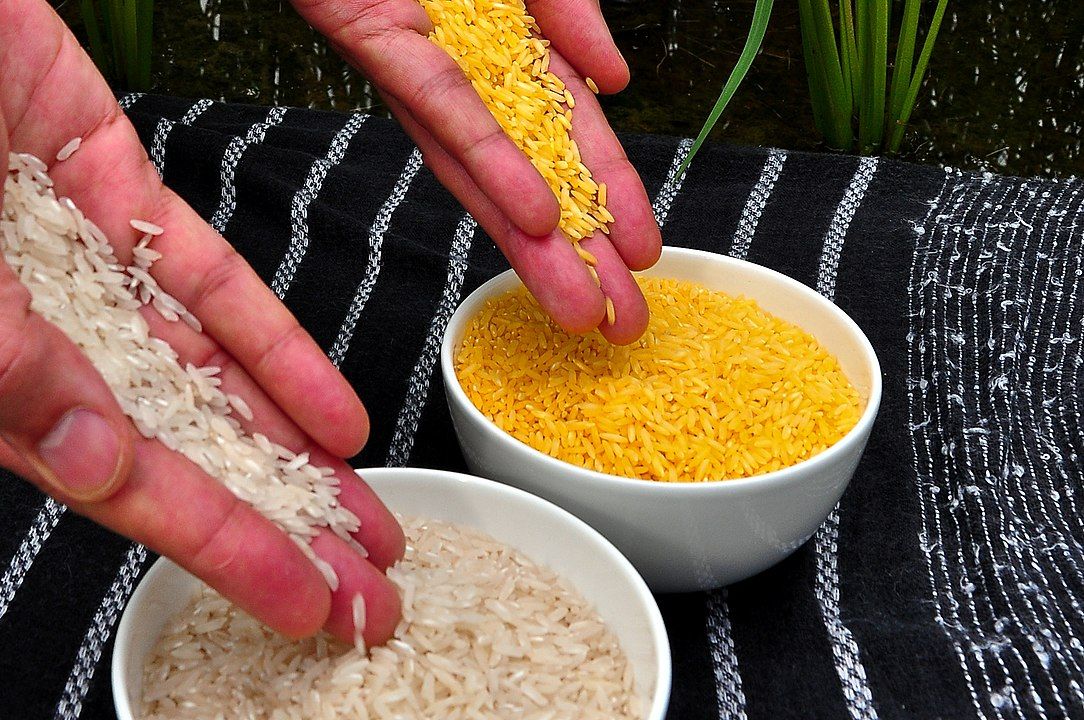
Beta-carotene also gives the rice a yellowish color, hence the name Golden Rice, and is naturally found in, for example, carrots and green leafy vegetables - but it is food that unfortunately not everyone can access.
In addition, a study shows that a larger part of beta-carotene is converted into vitamin A when consuming Golden Rice compared to consuming carrots and spinach. A cup of Golden Rice a day would probably be enough to get half the daily requirement of vitamin A, the researchers write.
The Philippines was first to approve - but Greenpeace stops it
Therefore, it was a welcome advancement that the Philippines in 2021 became the first country to approve the rice for commercial cultivation.
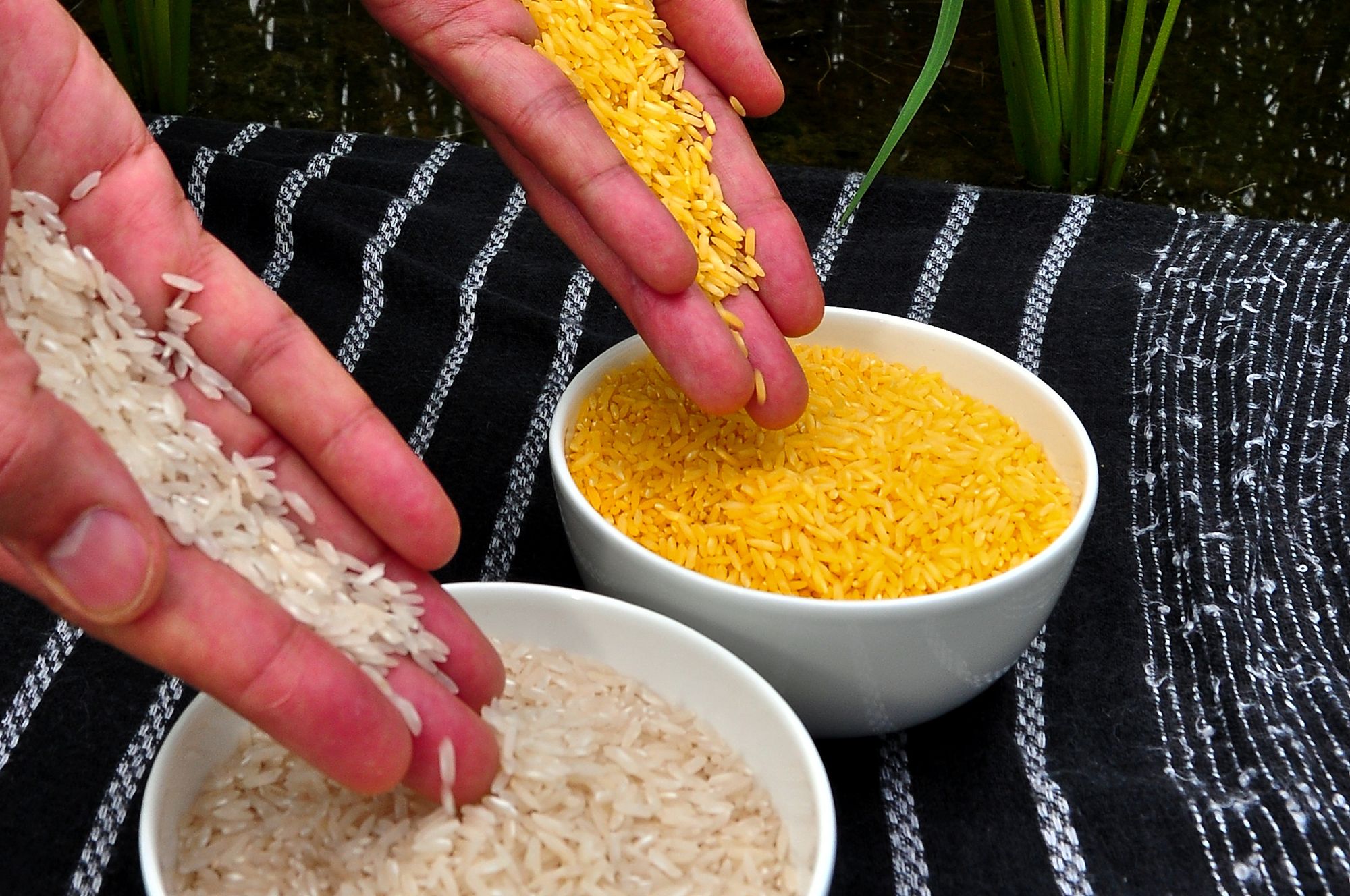
Last year, over 100 tons of Golden Rice were harvested in the country.
This could have been the start of a golden era.
But GMO-skeptical Greenpeace and other environmental organizations appealed the decision to approve the rice. Unfortunately, in April, the decision came from the Philippine Supreme Court to stop the cultivation.
160 Nobel laureates appeal to Greenpeace to stop
This is the culmination of a long campaign from Greenpeace. They argue, among other things, that there are no concrete studies on the effectiveness of Golden Rice in combating vitamin A deficiency, and that organic farming is better for the environment and consumers. In addition, Greenpeace also had objections to the process in which the rice was approved in the Philippines.
A campaign that in 2016 had 160 Nobel laureates appeal to Greenpeace to stop:
"Organizations opposed to modern plant breeding, with Greenpeace at their lead, have repeatedly denied these facts and opposed biotechnological innovations in agriculture. They have misrepresented their risks, benefits, and impacts, and supported the criminal destruction of approved field trials and research projects.
We urge Greenpeace and its supporters to re-examine the experience of farmers and consumers worldwide with crops and foods improved through biotechnology, recognize the findings of authoritative scientific bodies and regulatory agencies, and abandon their campaign against 'GMOs' in general and Golden Rice in particular," wrote the Nobel laureates.
Not banned everywhere
But Greenpeace has not yet managed to stop Golden Rice everywhere. In China, India, Bangladesh, Indonesia, and Vietnam, processes are underway to approve it. In addition, work is underway to change Golden Rice so that it also contains iron and zinc.
If we listen to the Nobel laureates and do not let fear of genetic engineering guide us, there are good prospects for Golden Rice to make the world a better place in the future.
Elias Rosell
By becoming a premium supporter, you help in the creation and sharing of fact-based optimistic news all over the world.

